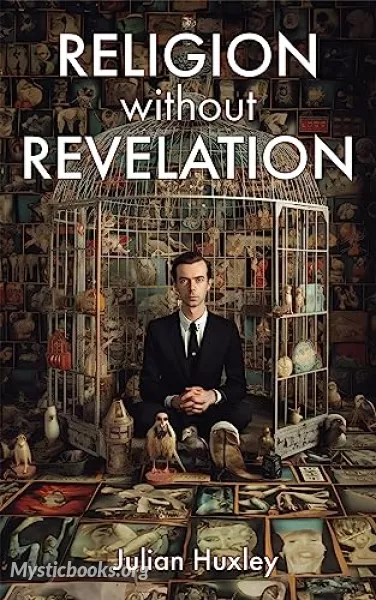
Religion Without Revelation
'Religion Without Revelation' Summary
"Religion Without Revelation" by Julian S. Huxley is a thought-provoking exploration of the concept of religion in the modern world. Unlike traditional religious texts, this book does not follow a narrative with characters or a central plot. Instead, it delves into philosophical and theological ideas.
The central theme of the book revolves around the idea of religion evolving to adapt to a changing world. Huxley argues that in an age of science and reason, traditional religious doctrines based on revelation may no longer hold the same sway over humanity. He suggests that religion should adapt to the new knowledge and insights brought about by scientific advancements.
Huxley's writing style is scholarly and analytical. He presents his arguments in a clear and concise manner, making it accessible to readers interested in theology and philosophy. The tone of the book is contemplative, as it challenges conventional religious beliefs and encourages readers to think critically about the role of religion in the modern era.
Throughout the book, Huxley explores the tension between religious faith and scientific progress. He advocates for a form of religion that is more in tune with the natural world and human ethics, rather than one based on supernatural revelations. This perspective may be seen as both positive and negative, depending on one's personal beliefs.
In summary, "Religion Without Revelation" is a thought-provoking work that challenges traditional religious norms and encourages readers to reconsider the role of religion in a world shaped by scientific inquiry and rational thought. It is a must-read for those interested in the intersection of religion, philosophy, and science.
Book Details
Language
EnglishOriginal Language
EnglishPublished In
1927Genre/Category
Tags/Keywords
Authors
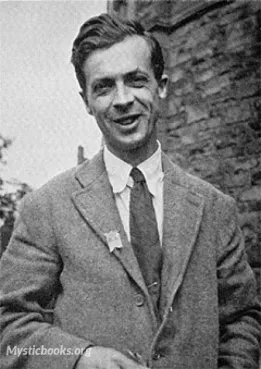
Julian S. Huxley
United Kingdom
Julian S. Huxley (1887-1975) was a British evolutionary biologist, eugenicist, and internationalist. He was a proponent of natural selection, and a leading figure in the mid-twentieth century modern s...
Books by Julian S. HuxleyDownload eBooks
Listen/Download Audiobook
- Select Speed
Related books
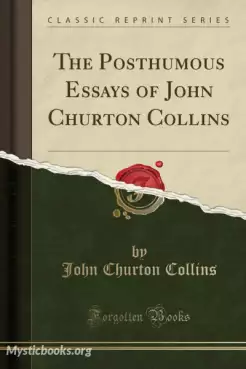
The Posthumous Essays of John Churton Collins by John Churton Collins
John Churton Collins was a literary critic who lived from 1848-1908. In 1904 John Collins became professor of English literature at Birmingham Univers...
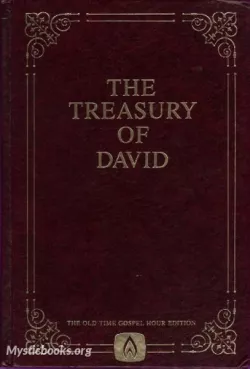
The Treasury of David, Vol. 7 by Charles H. Spurgeon
Dive into a transcendent literary journey through the Psalms like never before with "The Treasury of David, Vol. 7 (Abridged)" by the eminent preacher...
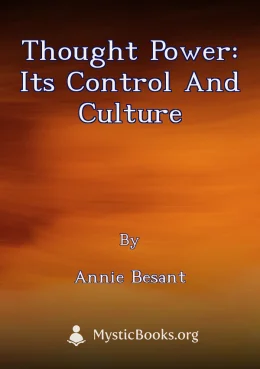
Thought Power: Its Control and Culture by Annie Besant
Annie Besant's "Thought Power" is a work that explores the nature of thought from a Theosophical perspective. The book delves into the fundamental pri...
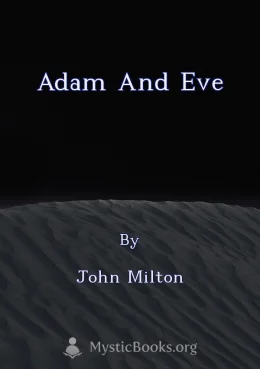
Adam and Eve by John Milton
Adam and Eve is a narrative poem by John Milton, first published in 1667, that tells the biblical story of the creation of Adam and Eve, their temptat...
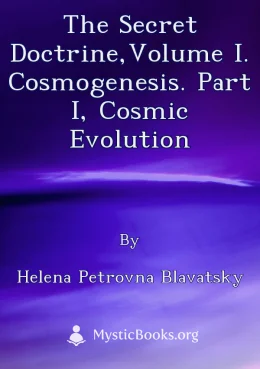
The Secret Doctrine,Volume I. Cosmogenesis. Part I, Cosmic Evolution by Helena Petrovna Blavatsky
The Secret Doctrine, Volume I: Cosmogenesis is a foundational work in the Theosophical movement. Authored by Helena Petrovna Blavatsky, it presents an...

Catalog of Testimonies by Jakob Andreae
This appendix to the 1580 edition of the Book of Concord presents a collection of Scripture passages and quotations from Church Fathers. These sources...
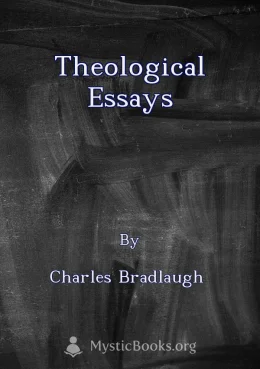
Theological Essays by Charles Bradlaugh
This collection of 23 theological essays by Charles Bradlaugh, a prominent English atheist and founder of the National Secular Society, presents his c...
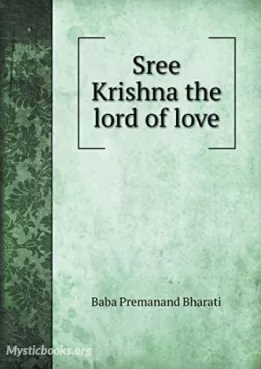
Sree Krishna, The Lord of Love by Baba Premanand Bharati
It is a comprehensive guide to the life and teachings of Lord Krishna, one of the most revered and beloved deities in Hinduism. Baba Premanand Bharat...
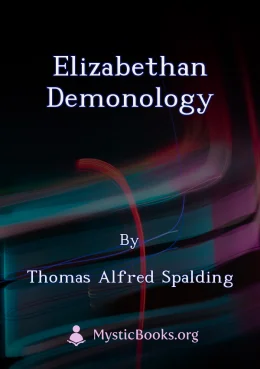
Elizabethan Demonology by Thomas Alfred Spalding
This book, "Elizabethan Demonology", delves into the prevalent beliefs about devils and their powers during the Elizabethan period, specifically focus...
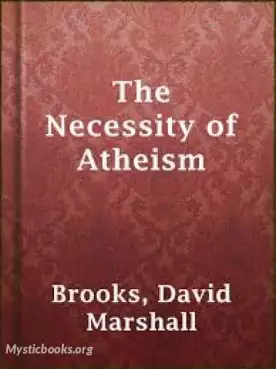
The Necessity of Atheism by David Marshall Brooks
Plain speaking is necessary in any discussion of religion, for if the freethinker attacks the religious dogmas with hesitation, the orthodox believer...
Reviews for Religion Without Revelation
No reviews posted or approved, yet...